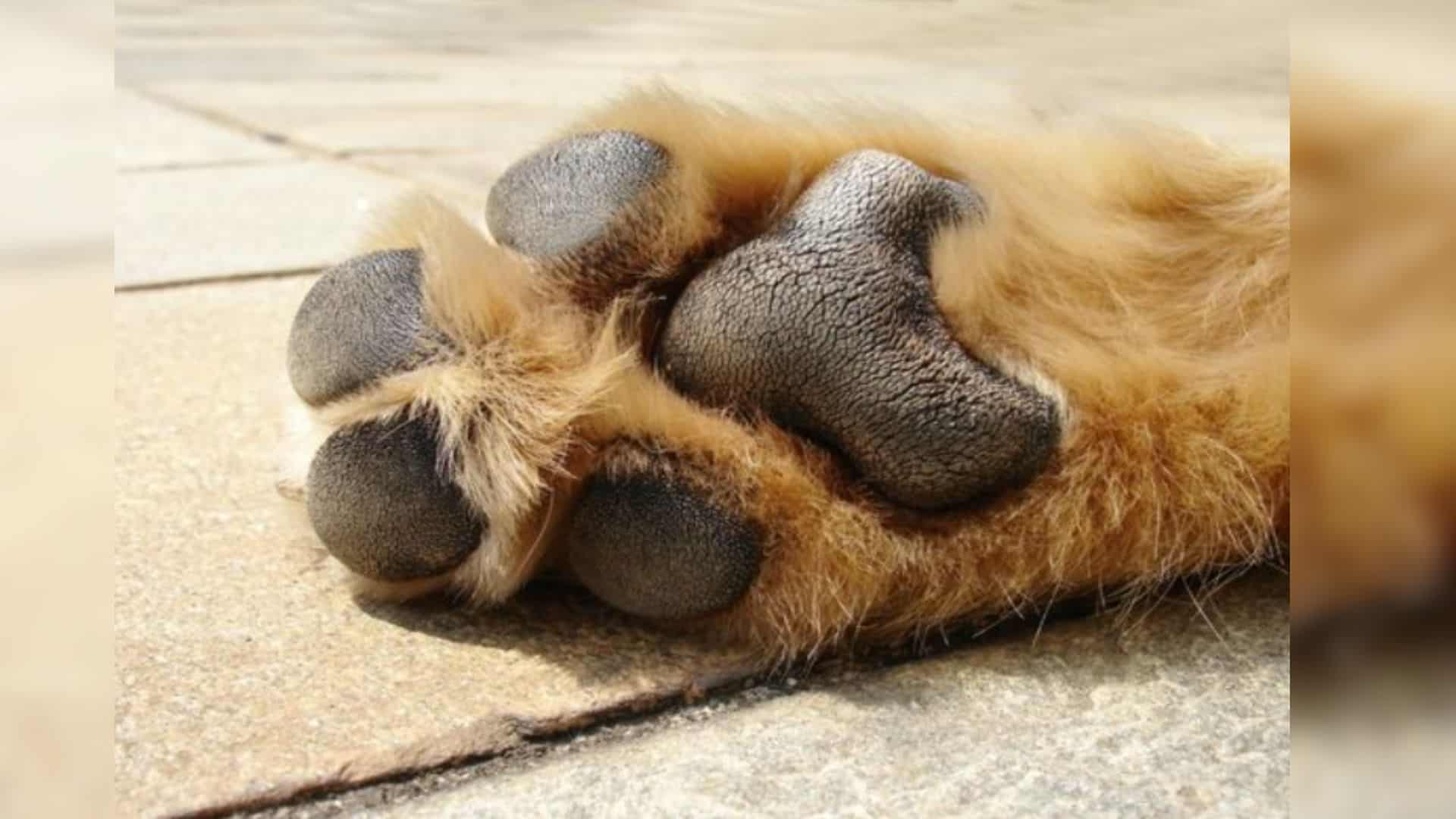“PupViners, please help. My dog burned his paws several times last summer, and I’d really like to spare him from such excruciating pain. I’ve never felt so bad in my life and I even questioned whether I am able to take care of him. We tried dog shoes, but that didn’t work and I really don’t know what else to do. Do you have any suggestions on how to save my dog’s paw pads during summer days? Best regards, Harry.”
Hi, Harry! I’m sorry to hear that you and your furry buddy had such tough times in the past. I hope that I’ll be able to resolve your issue and save not only your buddy’s paws, but the paws of other doggies as well.
Summer is indeed a season of joy (at least for me and my family), but it can be the arch nemesis of our pets, especially their paws.
Harry isn’t the only one dealing with this issue, so I’m sure this article won’t be of help just to him, but to other dog owners as well.
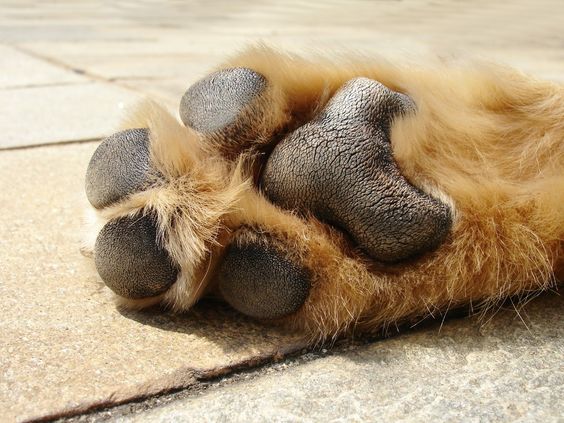
#1 The Floor Is Lava
Before you walk out the door with your furry buddy, it’s important to check whether the concrete is too hot for your pup’s paws.
According to Peta’s article, there’s a simple way to check whether it’s a good time to go outside. All you have to do is put your hand on the concrete and check the temperature.
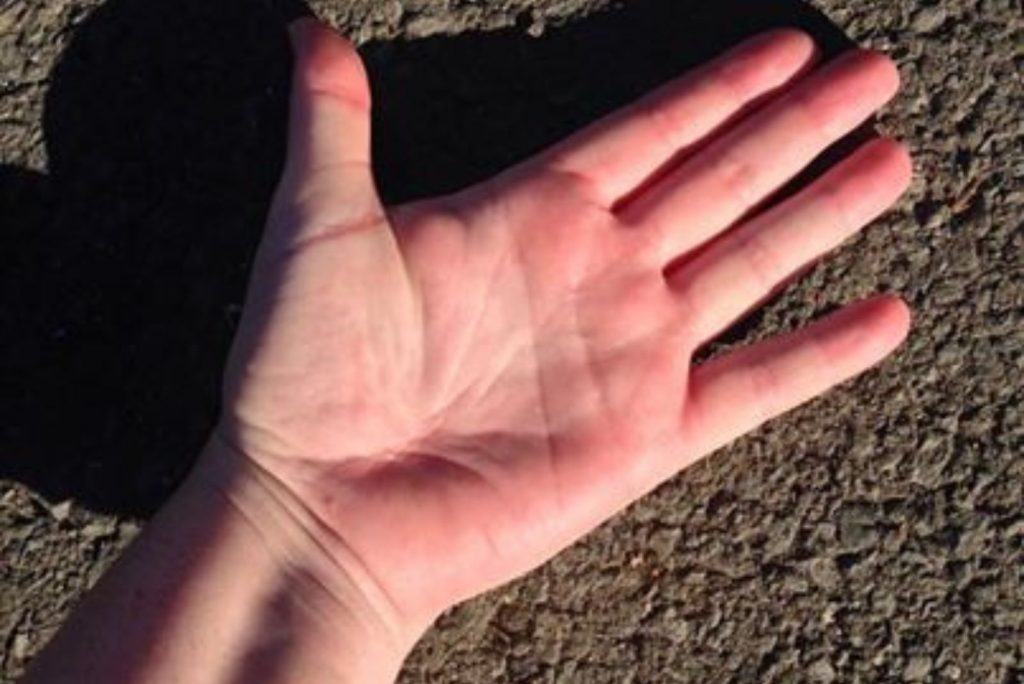
If you can’t hold your hand on the ground for more than five seconds, you can already guess what that would do to your doggo’s paw pads.
Of course, your doggo isn’t bound to stay home throughout the summer, but there are certain things you’ll need to change regarding the walking routine.
#2 Walking On Sunshine Doesn’t Feel Good
One of the first changes in your routine should be time. I suppose that Harry strictly stuck to the regular habits and took his dog out even during the hotter parts of the day.
This might be one of the main reasons why his doggo ended up with burned paws, but I don’t blame him at all, or any other pet owner that found themselves in the same situation.
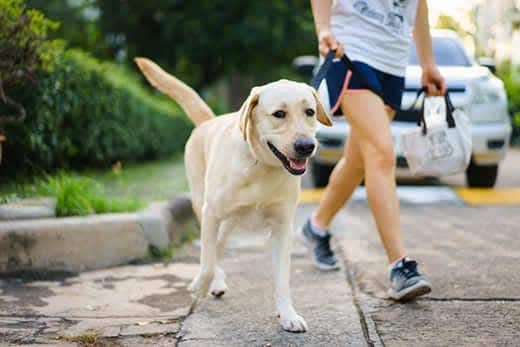
Routine changes are tricky and can trigger negative behavior in pups. As an owner, your task is to slowly introduce the change to the routine and give your pup time to adjust. [1]
From personal experience, the best way to change a walking routine is to gradually move from the original time to the desired one. This practice can’t be done overnight, which is why it would be better to start with the change at least a couple of weeks before it gets really hot.
If you got a new pet and haven’t established a walking routine yet, it’s not a bad idea to adapt walking time immediately to cooler parts of the day (morning and sunset).
Jason Rae, from InsideOut Dog Training, gave an excellent explanation on this issue in the video below:
#3 Dog Park For Happy Bark
If, for some reason, you’re not able to take your pet outside during the early or late time of the day, the RSPCA suggests switching from hot pavements to the nearby woods. [2]
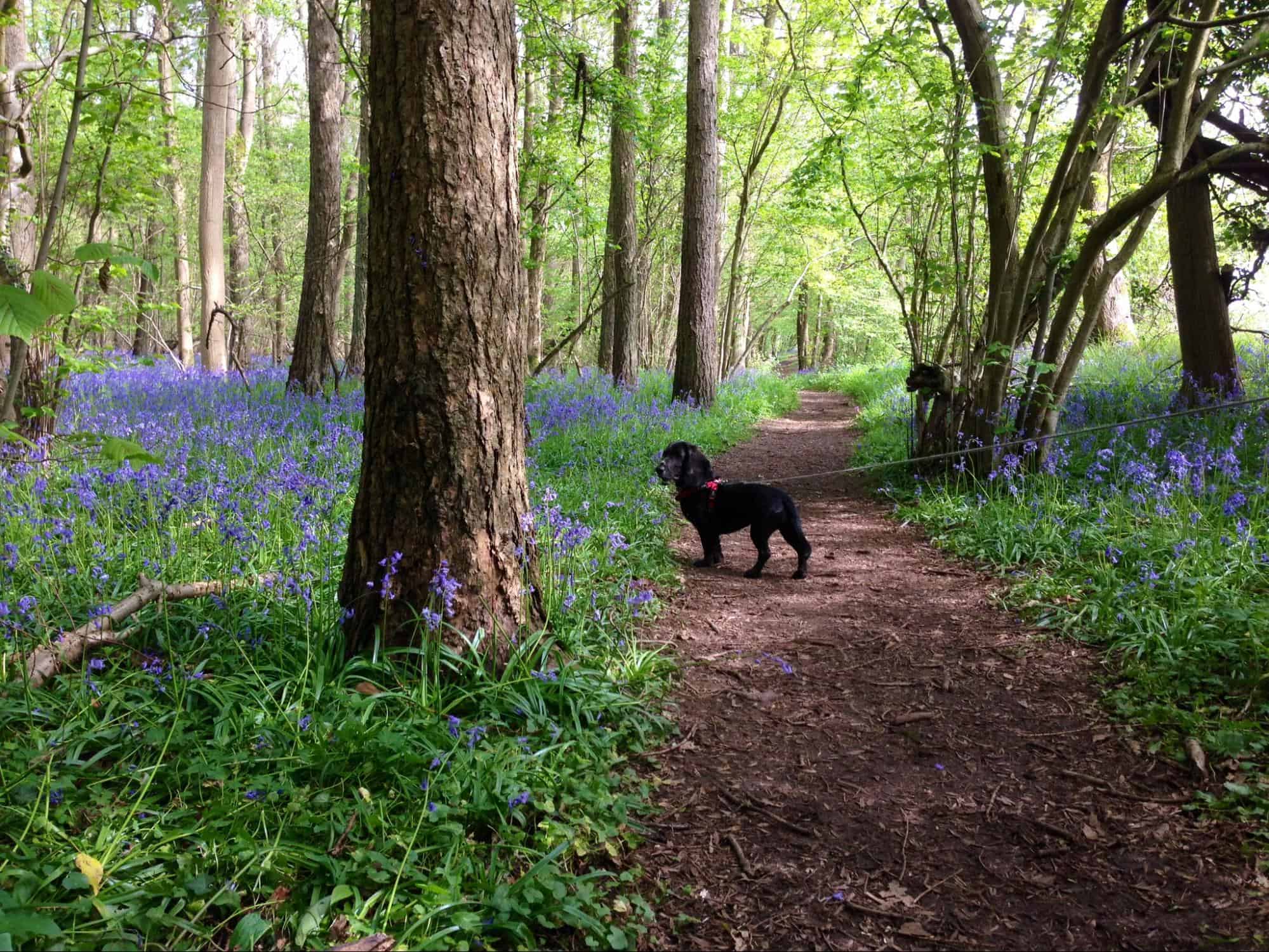
No woods near? No problem.
Dog parks will work like a charm, or any other grass surface for that matter. The only thing I’d recommend you do is find a place with lots of shade, so your pup doesn’t overheat (and you don’t get sunburns either).
This might not be as convenient as taking the dog for a short walk throughout the neighborhood. But, if that means your doggo won’t end up with burned paws, I’m sure you won’t mind it at all.
#4 Those Boots Are Made For Walking
“We tried dog shoes, but that didn’t work…”
Unfortunately, Harry is definitely not alone in this. Dogs can often show resistance to dog shoes and boots mainly because they’re not used to them and find them rather uncomfortable and weird.
However, I wouldn’t quit so easily on boots. If your pooch can get used to leashes and harnesses, he will eventually learn to love his new boots as well.
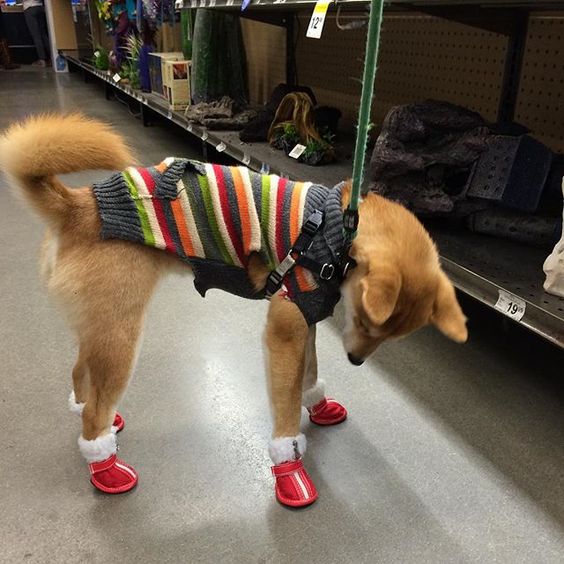
Teach Your Doggo To Love Boots
If your pup had the same reaction to boots as Harry’s doggo, then he already relates them to a negative experience.
My PupVine colleague, Liam Johnson, gave excellent advice to his friend, Eric, regarding leash training, and I believe some of his tricks can apply to dog boot training as well.
Instead of forcing your pooch to get into boots, you should arm yourself with patience, positive energy, and dog treats. Cesar Millan, a famous dog trainer, explained it in a great way in his video on leash training:
“[…] The leash needs to represent something positive […] Your energy has to be positive.”
In your case, the leash stands for boots. If your dog trusts you, you can reintroduce the shoes by letting your dog play with them, and reward him every time he comes near them by himself.
You can also see how Louise Stapleton-Frappell, a professional dog trainer, trained her pup to love boots in this video:
#5 Stick To The Pads
Harry, if dog boots don’t work even after the (re)training… don’t worry.
Considering that you haven’t mentioned foot pads for paws, I guess you haven’t tried them yet. This might be a good alternative for boots, as your pup will barely feel them on his feet.
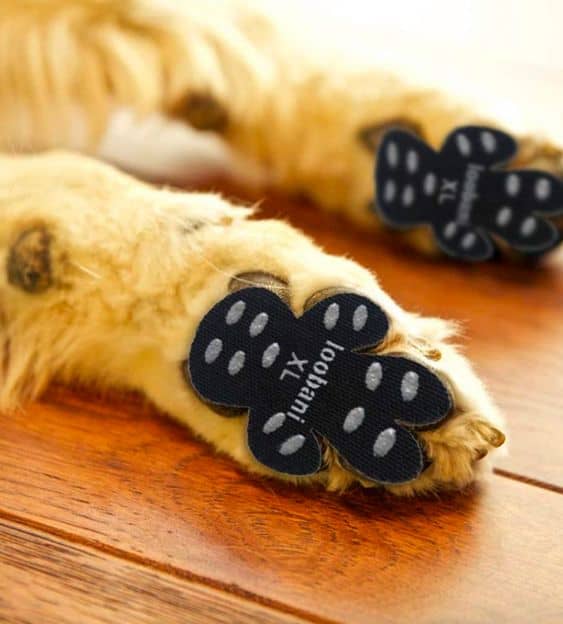
If you opt for this solution, I’d recommend that you go with anti-slip pads, which will not only save your dog’s paws from blisters and injuries, but also prevent him from falling down on slippery surfaces.
You can try dog socks, which usually have rubber padding to prevent paw burns. However, if your doggie doesn’t like boots, I’m not sure socks would be a good idea either.
Dear Harry…
I’m really sorry to hear your dog burned his paws last summer, and I hope that you managed to find a solution throughout this article so it doesn’t happen again.
Summer can be fun, but it can also be a dangerous season, especially for our four-legged buddies, which is why we need to take good care of them and their paws.
Have a pawsome summer without blisters and burns, furry friends!

References:
1. VioVet. (October 11, 2022.) “How can changing your routine impact your dog?” VioVet Website.
2. RSPCA South Australia. (November 9, 2021.) “Paws on the pavement – Walking your dog during summer.” RSPCA South Australia Website.
